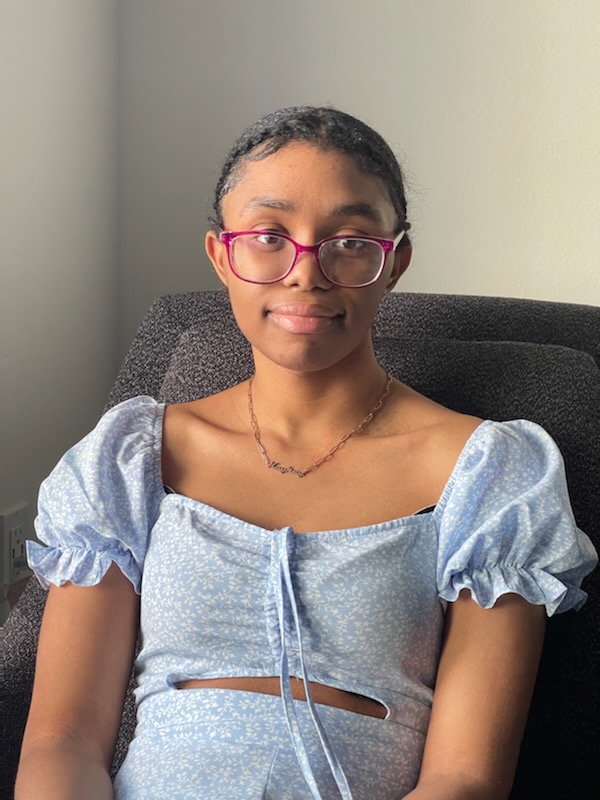Your No is Sacred—Start Using It
- Michaela Hayes
- May 2, 2025
- 3 min read
If you’re a writer, did you choose traditional or self-publishing? Or maybe you finally landed that agent for the script that you were tirelessly working on. Maybe a management team picked up your album.
There are so many forms of entertainment you can choose from. Whatever you pursue, you’re going to have to put up a boundary.
I used this analogy before: it’s like throwing a house party. After everything’s said and done, three people stay behind. You think they’re going to help you clean up the mess, but instead, they wreck the place even more.
Don’t let people destroy what you worked so hard on.
BOMBS AWAY
Now, if you self-published, you might be wondering what this has to do with you. Sure, you have problems—but they’re not the same as someone walking the traditional path.
With traditional publishing, you work closely alongside a literary agent. They’re the ones guiding you through edits, negotiations, and the industry altogether. Then comes your editor, asking for changes—not to gut your story, but to help it flow better, to make it pristine, and to make it stronger.
I aspire to be a traditionally published author one day. But for now, I’m sticking to the self-publishing route—just until I’ve built up my audience.
With self-publishing, you run into issues like scams, fraud, or a shady independent publisher who asks for money upfront. And when you don’t know how to spot those red flags, it gets harder to enforce boundaries.
That’s why I’m here.
CLOSED FOR BUSINESS
Don’t get it twisted—there are literary agents who truly want to help you. But fair warning: there are others who are after your money, with no intention of helping you succeed. So be careful. Fortunately, there are resource websites you can use to check whether the agent you’re working with is legitimate.
To stay cautious, check out Writer Beware or Publishers Marketplace, just to name a few.
For musicians, models, and screenwriters, the vetting process can feel like walking through fog. There’s no central database or watchdog site that flags down shady managers, fake producers, or sketchy agents. Sure, they might have a polished-looking website—but even that can be a facade, built to look legit while they fail to deliver on their promises.
That’s why it’s critical to do your research and protect your work like it’s your baby. Don’t be afraid to ask questions or walk away.
WHERE THE WIND BLOWS
If you’re still panicking, just know I’m working on something to help the process go smoother. But that’s a secret—and that secret stays between us. So go ahead: take a breath, maybe even a sip of tea.
I can’t guarantee that you’ll be a hundred percent fine if you listen to my tips, but you’ll be taking a step toward it. When I give you tips, I’m promising you substance. I’m giving you a guide on how you can better take care of yourself because being a creator is taxing.
WINNER TAKES GOLD
This was a well-rounded blog post, wouldn’t you agree? My mission is to help you, fellow creators. I don’t want to see anything bad happen to you guys. Yes, life isn’t full of rainbows and fairies, but it doesn’t have to be a pain either.
I’m hoping you do your research and listen to your gut. There are resources you can use, and one is already built inside of you. If you’ve had a bad experience, let me know. If you haven’t, let me know. And if you just want some more advice, let me know.


Comments